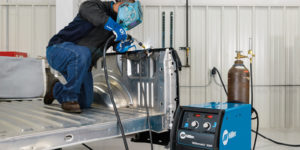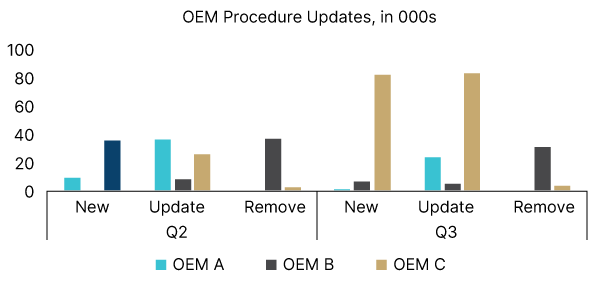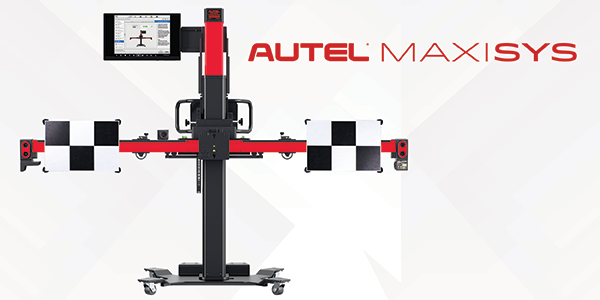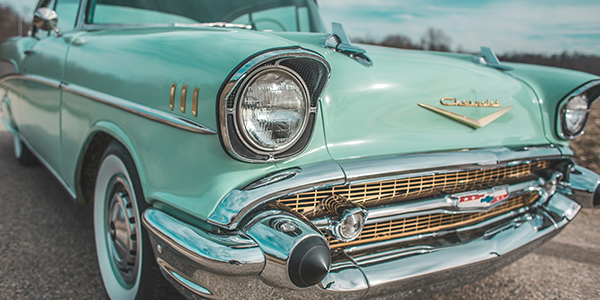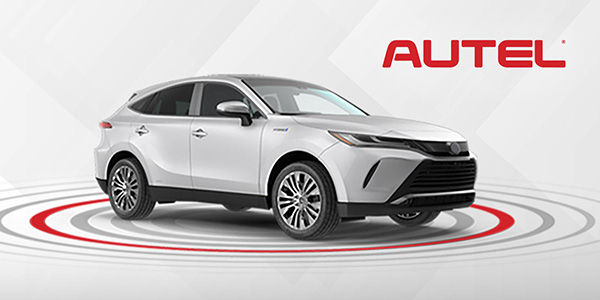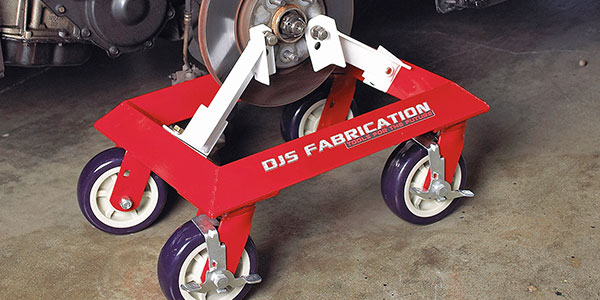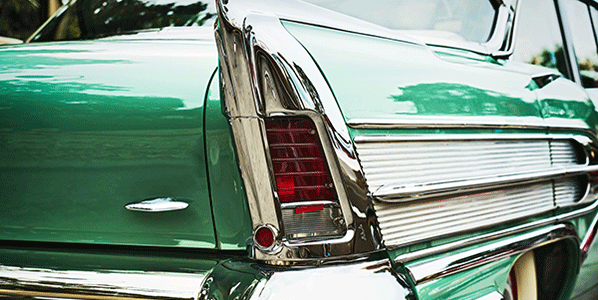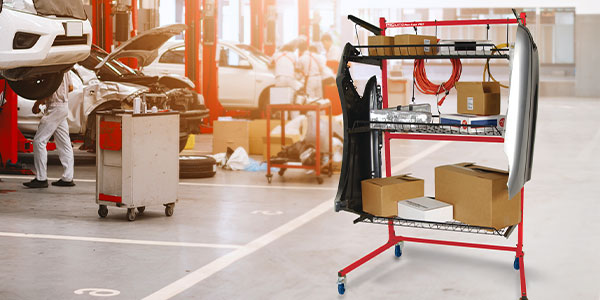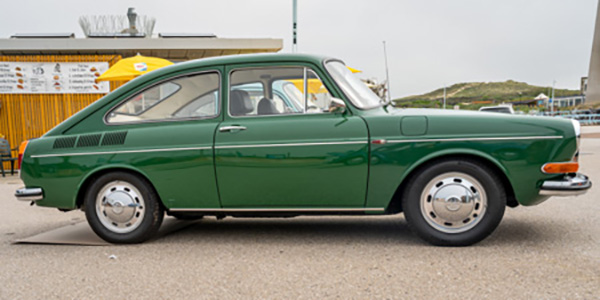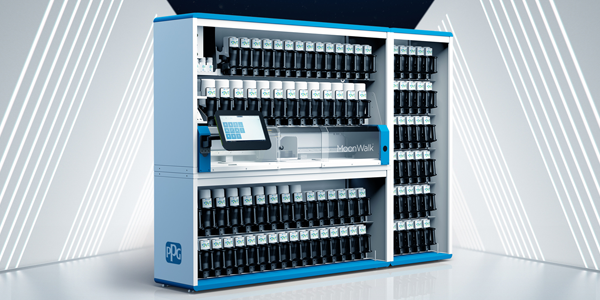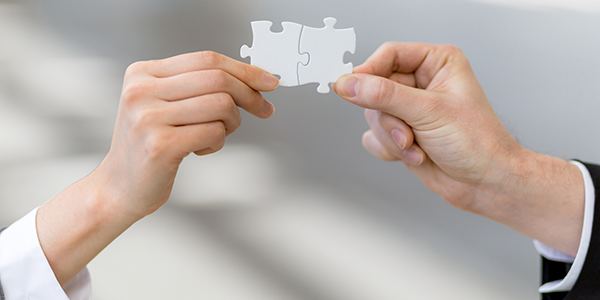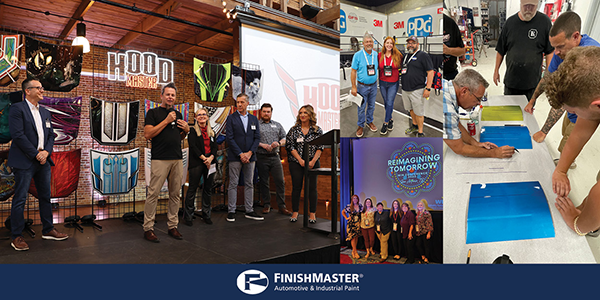A tremendous evolution is under way in the auto collision repair industry, fueled by several factors. Increasing fuel economy standards are driving a continual move toward more lightweight, ultra-thin materials in today’s new vehicles.
As product designs change to meet these standards, materials such as aluminum and advanced high-strength steels are now commonly used in the vehicle body and superstructure through mixed-material design methods by automotive OEMs. This places new demands on auto collision repair shops, as OEMs and insurance providers expect shops to have the tools and knowledge to fix these vehicles in accordance with new procedures and guidelines.
Choosing the right welding equipment with the right processes helps ensure high weld quality — from basic weld repairs to advanced structural sectioning repairs on vehicles. Machines with straightforward setup and adjustment controls are easier for technicians to use and help take the guesswork out of welding aluminum and other lightweight materials.
An evolving industry
While aluminum and high-strength steels are becoming more common, many collision repair shops are less familiar with welding these materials. Auto body technicians have multi-level certifications ranging from prep, painting and welding to advanced structural welding, so experience varies.
The first step toward success is choosing the right welder and process for the job. Older welding equipment often does not provide the ease of use or include newer technologies such as pulsed MIG welding that help in welding aluminum or thinner materials. Some shops may also have welding equipment that’s too complicated or simply more machine than the shop needs for its collision environment.
The bottom line: Weld quality is a critical element in the repair of damaged vehicles. Equipment that makes it easier to produce high-quality welds can help shops get vehicles repaired correctly to meet required safety standards — and back on the road faster for customers.
What to look for in a welder
A simplified interface with intuitive controls allows for choosing proper settings and parameters to successfully weld aluminum and other lightweight materials. Some machines offer singleknob control to adjust machine voltage and wire feed speed or automatically set proper parameters based on the wire gas combinations, wire diameter and thickness of the material being welded. This saves time in machine setup and ensures the machine delivers the exact weld parameters that technicians need for the job.
As the industry continues to evolve, having a machine capable of welding mixed materials such as aluminum or silicon bronze provides a competitive advantage for collision repair shops. Consider choosing a machine that also has pulsed MIG welding capabilities. Because aluminum has a much lower melting point than steel, it transfers heat away from the weld faster, making it more prone to burn-through and warping on thinner sections. Pulsed MIG offers a lower heat input, reducing the risk of burn-through and distortion while providing good penetration and fusion.
With the industry’s ongoing changes, the use of pulsed MIG and equipment designed for simplified use can make it easier for technicians to produce quality welds — and for repair shops to stay competitive.
By Ed Crum, market segment manager, Commercial Solutions Division, Miller Electric Mfg. LLC
This article was sponsored by Miller Welders. For more information, visit MillerWelds.com/autorepair.



